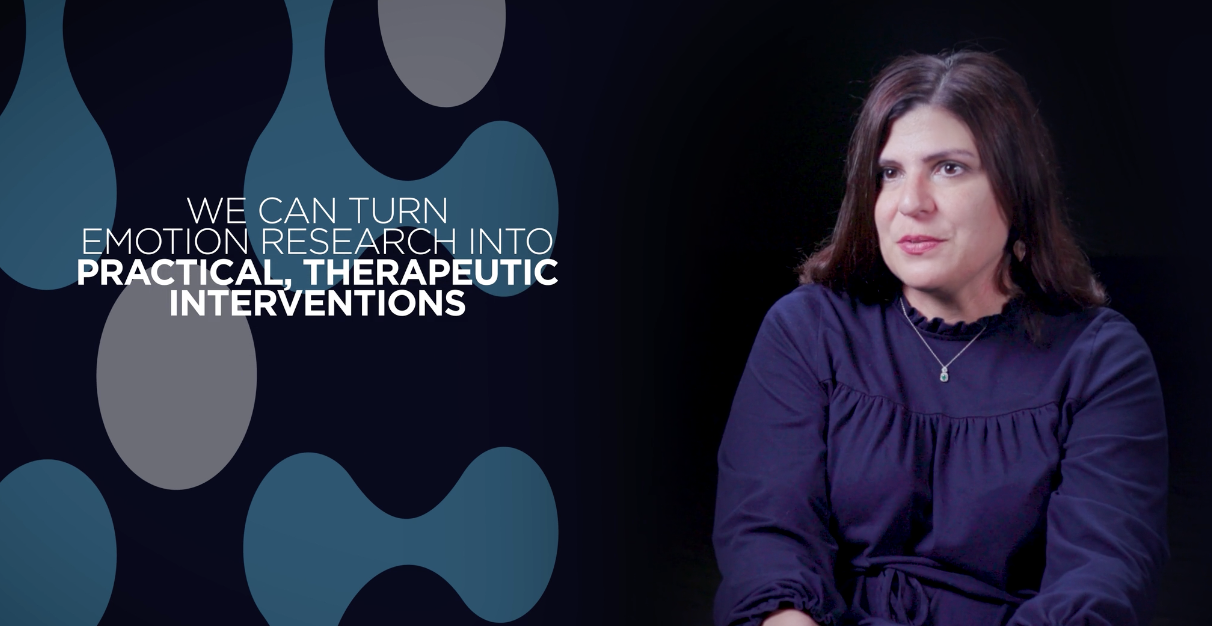
Trained in both cognitive and social psychology, Jennifer Fugate, PhD, Associate Professor at Kansas City University (KCU), brings an innovative and interdisciplinary perspective to the field of clinical psychology. She leads the ABLE Lab (Affect, Behavior, and Learning through Embodiment), where her research focuses on how people perceive and regulate emotions, as well as how the body and movement influence the learning process.
A central focus of Dr. Fugate’s research areas is embodied learning, the concept that we learn through sensory experience and physical movement. “We know that much of how we interpret the world happens through our sensory-motor system. The more your body is involved in receiving information, or the more that you’re in tune with it the more it supports and enhances your learning,” said Dr. Fugate. At KCU, this concept comes to life through simulation-based medical training and other hands-on learning experiences.
Dr. Fugate also studies emotional regulation, focusing on how people understand and express their feelings. “The example I like to give from my former advisor is maybe you have a rumbling in your stomach. At 12 o’clock you may conceptualize that as hunger. But that same rumbling while sitting in the doctor’s office you might conceptualize as fear. It is the same sensation, different outcome, different feeling. So having more words, thinking about it differently, and moving the body differently can lead to different reactions and different ways to regulate. And I think that’s really the power that we have over our emotions,” said Dr. Fugate.
With a long-term goal of making her research more practical and accessible, Dr. Fugate is working on translating her findings into scalable therapeutic interventions. Her work continues to evolve at the nexus of science and experience, offering meaningful insights into how we learn, feel, and grow.